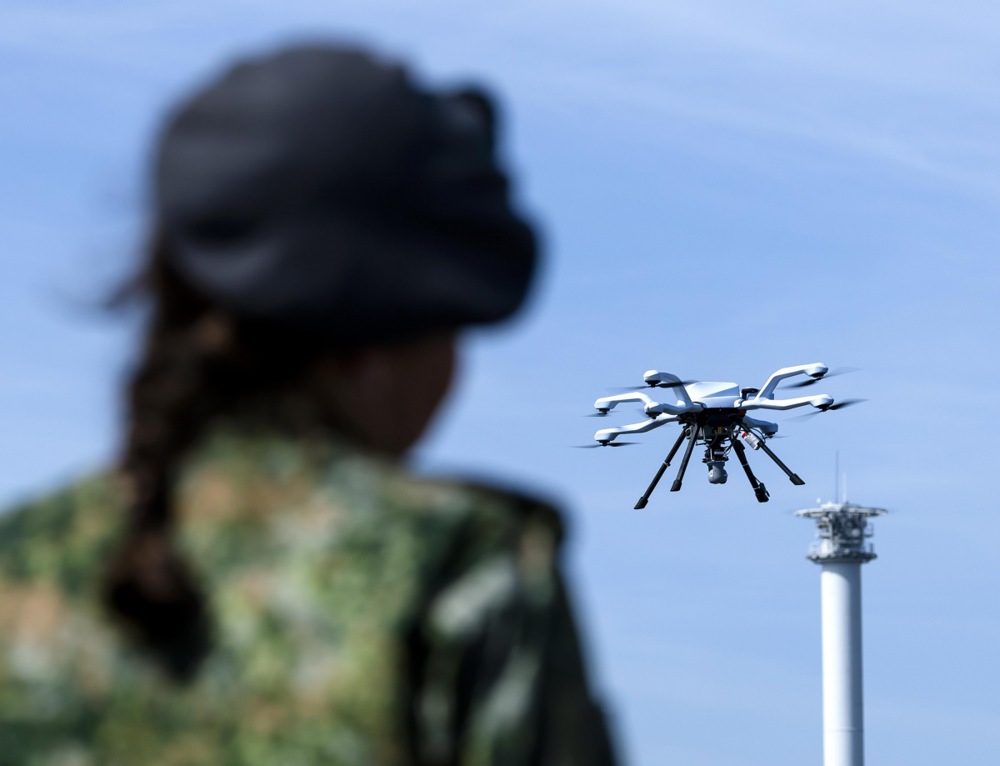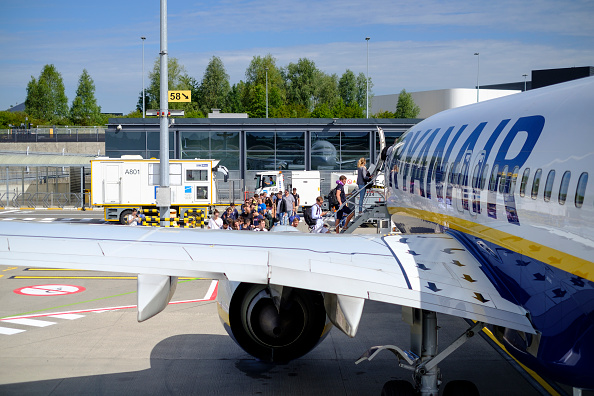Unidentified drones repeatedly flew over Belgian military sites but none were shot down as Belgian officials said they feared debris could hit civilians or damage property.
Belgium and several other European Union countries have reported a surge in mysterious drone flights — part of what officials describe as a new wave of hybrid attacks, mixing espionage, intimidation and sabotage without open warfare.
Belgian defence minister Théo Francken said the devices seen over the weekend of November 1 “came to spy” on bases. Drones were spotted near Kleine-Brogel in the east, Florennes in the south and Ostend on the north-sea coast — all sites tied to Belgium’s air force.

Kleine-Brogel is sensitive ground. It hosts US nuclear weapons and will soon receive F-35s fighter jets. The same goes for Florennes, another key base in NATO’s shared deterrent programme.
“Everyone with defence knowledge saw this coming,” Francken posted on X yesterday. “Drones and unmanned weapon systems are the keys to every future war. Look at Ukraine and you know enough.
“The previous [Belgian] government refused to invest because it was ‘unethical’. Four precious years were lost.”
Iedereen met defensiekennis zag dit aankomen. Drones en onbemande wapensystemen zijn de sleutels van elke toekomstige oorlogsvoering. Kijk naar de oorlog in Oekraïne en je weet genoeg.
De vorige paarsgroene regering weigerde er in te investeren omdat dit ‘onethisch’ zou zijn.… pic.twitter.com/xUwRr6DvMV
— Theo Francken (@FranckenTheo) November 2, 2025
Former Kleine-Brogel commander Jeroen Poesen told Belgian State broadcaster VRT that shooting down drones over Belgium carries heavy risk.
“Everything you shoot out of the sky will also fall somewhere,” he said, noting the bases in question are surrounded by towns and farmland. “That may be possible in a war zone but not in a country as densely populated as Belgium.”
Modern drones are small, fast and hard to detect on radar. Some use GPS, others fly autonomously. Destroying them is technically complex and, without the right kit, risks missing the target or causing accidents.
VRT added that Belgium lacks clear legal rules for downing drones outside military airspace. Commanders can act if a craft is directly above a base but once it moves away, police and prosecutors must weigh civilian-safety laws — leaving gaps an adversary could exploit, experts said.
Francken told Belgian media that drones “come to spy” on Belgian and allied forces. He promised €50 million for new detection and counter-drone systems — the start of a much larger modernisation effort.
For now, Belgium is still mostly watching.
Observers linked the latest incidents to a wider European plan: An “anti-drone wall” stretching from Finland to Poland, meant to protect EU skies against surveillance and sabotage.
EU officials are now reportedly debating whether Frontex, the bloc’s border agency, should gain new powers to monitor airspace and protect critical sites against drones.
Several member states want a shared system for early warning and response, arguing that drone incursions ignore borders just like cyberattacks. Others fear mission creep and insist defence must remain national.
The discussion echoes a wider European unease: Since Russia’s invasion of Ukraine, hybrid tactics — from cyber intrusions to unexplained sabotage — have multiplied.





